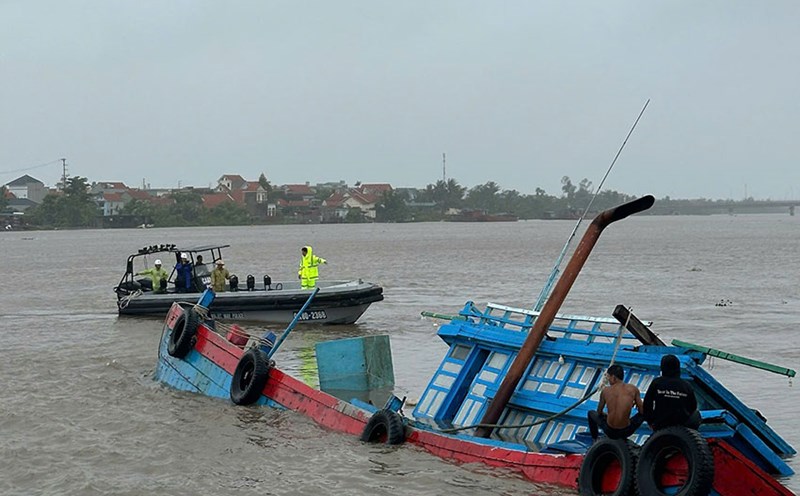You have just finished an exercise session but feel nauseous, dizzy or uncomfortable in the abdomen. Don't worry too much, according to Roxana Ehsani, a sports nutritionist in Virginia, USA: "A nauseous reaction after exercise is often a signal that the body is having problems with water, energy or temperature and can be largely regulated easily."
Here are 7 common reasons why you feel nauseous after exercise:
Dehydration
When you exercise, you lose a lot of water and electrolytes through sweat. If you don't make up in time, you can experience dizziness, abdominal pain or nausea. Drink water regularly throughout the day, do not wait until you are thirsty to drink, especially on hot or humid days.
Exercise on an empty stomach
Eating well and then exercising causes blood to recede from the digestive system to supply to muscles, reducing digestive efficiency, leading to a feeling of vomiting. Ideally, eat 2-3 hours before the episode. If you need to eat snacks, choose small, easy-to-eat meals like bananas, yogurt or cereals 30 - 60 minutes before your workout.
Exercises with strong movements
Dancing, running or strong cardio can cause constant fluctuations in the abdomen, especially when the stomach is not empty, which can make you feel like you are drunk on a train. You should choose light-impact exercises such as walking, cycling, or using a rowing machine if you have a history of nausea while exercising.
Low blood sugar
Exercising on an empty stomach can easily cause hypoglycemia, a condition that makes the body weak, shaken, and nauseous. A pre-workout snack is key to staying energetic and preventing nausea, says nutritionist Roxana Ehsani.
Excessive exhaustion
Sudden increased intensity of exercise or prolonged exercise puts pressure on the digestive system. EigS is a common cause of nausea in long-distance runners or cyclists.
Exposure to high temperatures
Exercising outdoors in hot weather causes the body to lose the ability to regulate heat. Blood is directed to the skin to cool, leading to anemia to nourish the intestines, causing nausea or even fainting. Avoid exercising outdoors at midday, choose a cool early morning or evening, wear breathable clothes.
Side effects of sports drinks or energy bars
Some people are sensitive to sugar such as fructose or lactose in energy drinks. In addition, if you only drink water after prolonged exercise, you can suffer from hyponatremia, a dangerous condition with symptoms of nausea, cramps, and confusion.
How to deal with nausea after exercise:
Stop exercising, rest in a cool place.
dropping a sift of water or electrolyte solution.
Take a deep breath, lie on your back and raise your legs if needed.
Avoid eating immediately after a vomit.
Usually, the nausea will decrease after a 30-60 minute rest.











